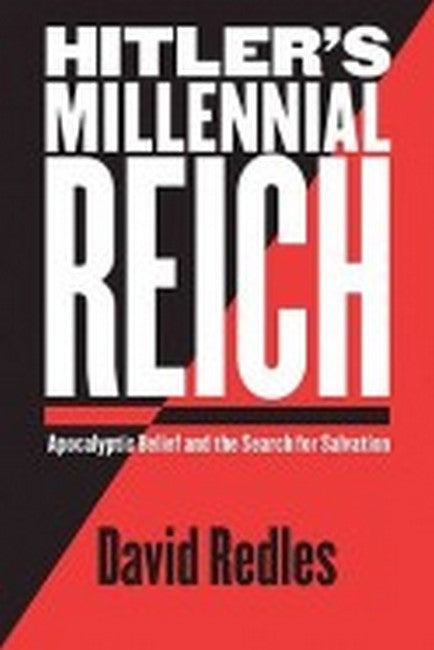After World War I, German citizens sought not merely relief from the political, economic, social, and cultural upheaval which wracked Weimar Germany, but also mental salvation. With promises of order, prosperity, and community, Adolph Hitler fulfilled a profoundly spiritual need on behalf of those who converted to Nazism, and thus became not only Fuhrer, but Messiah contends David Redles, who believes that millenarian sentiment was central to the rise of Nazism. As opposed to many works which depersonalize Nazism by focusing on institutional factors, Redles offers a fresh view of the impact and potential for millenarian movements. The writings of both major and minor Nazi party figures, in which there echoes a striking religiosity and salvational faith, reveal how receptive Germans were to the notion of a millennial Reich such as that offered by Hitler. Redles illustrates how Hitler's apocalyptic prophecies of a coming "final battle" with the so-called Jewish Bolsheviks, one that was conceived to be a "war of annihilation," was transformed into an equally eschatological "Final Solution"

